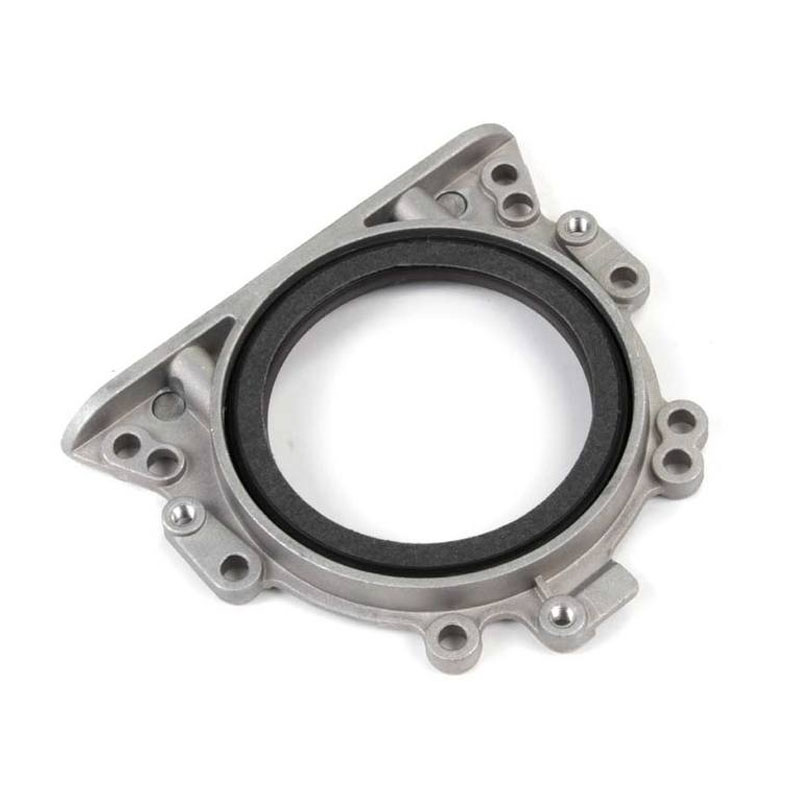Durable Rubber Oil Seals for Enhanced Performance and Reliability in Machinery
The Importance of Rubber Oil Seals in Industrial Applications
Rubber oil seals are essential components in various industrial applications, playing a critical role in machinery and equipment maintenance. Designed to prevent the leakage of fluids and contaminants, these seals are key to ensuring efficiency and longevity in mechanical systems. This article explores the significance of rubber oil seals, their applications, types, and benefits.
Understanding Rubber Oil Seals
Rubber oil seals, also known as oil seals or shaft seals, are circular rings made of elastomeric materials, primarily rubber. They are engineered to fit snugly around rotating shafts or within housings, creating a barrier that retains oil and other fluids while keeping dirt and debris at bay. The seals are typically comprised of several components the sealing lip, the outer casing, and the spring mechanism that enhances pressure against the shaft, ensuring a tight fit.
Applications of Rubber Oil Seals
Rubber oil seals are utilized across a wide range of industries, including automotive, aerospace, manufacturing, and oil & gas. In the automotive sector, they are crucial for maintaining the integrity of engines, transmissions, and differentials, preventing oil leaks that can lead to mechanical failure. In manufacturing, oil seals are used in rotating equipment, such as pumps and compressors, to maintain the necessary lubrication and protect vital components from dust and moisture.
In the aerospace industry, rubber oil seals are indispensable for ensuring that intricate systems function correctly under high-stress conditions. They are often used in hydraulic systems and landing gear assemblies, where fluid retention is essential for safety and performance. Similarly, in the oil and gas sector, these seals protect drilling equipment and pipelines from fluid loss and external contaminants, contributing to operational efficiency.
Types of Rubber Oil Seals
There are various types of rubber oil seals, each designed to meet specific operational requirements. Some common types include
rubber oil seal

1. Integral seals These are designed for specific applications and are manufactured to fit directly onto the components they seal. 2. Dynamic seals These oil seals are meant for rotating shafts and are engineered to withstand continuous motion while maintaining an effective seal.
3. Static seals Designed for applications where there is no relative motion between the seal and the surface it is sealing against. They are often used in flanged joints.
4. Heavy-duty seals Made from robust materials, these seals are used in environments with extreme temperature fluctuations or chemical exposure.
Benefits of Rubber Oil Seals
The use of rubber oil seals offers numerous benefits. One of the most significant advantages is their ability to effectively prevent fluid leakage, which not only conserves resources but also protects the environment from pollution. Additionally, these seals help maintain optimal pressure within systems, enhancing performance and efficiency. By reducing wear and tear on critical components, rubber oil seals contribute to the longevity of machinery and can significantly reduce maintenance costs.
Furthermore, the versatility of rubber materials allows for the customization of seals to meet specific requirements, including hardness, temperature resistance, and chemical compatibility. This adaptability makes rubber oil seals suitable for a broad spectrum of applications.
Conclusion
In summary, rubber oil seals are crucial components in various industries, providing effective solutions for fluid retention and contamination prevention. Their role in enhancing operational efficiency, reducing maintenance costs, and prolonging the lifespan of machinery cannot be overstated. As technology advances and machinery becomes more sophisticated, the importance of reliable and efficient sealing solutions will continue to grow, making rubber oil seals a vital element in modern industrial operations.
-
Understanding the Front Main Engine Seal: Purpose, Maintenance, and Installation
News Jul.29,2025
-
Understanding O-Rings and Seal Rings: Types, Applications, and Custom Solutions
News Jul.29,2025
-
Understanding Crankshaft Oil Seals: Rear Seals, Pulley Seals, and Their Role in Engine Integrity
News Jul.29,2025
-
The Importance of Front and Rear Crankshaft Seals in Engine Performance and Oil Management
News Jul.29,2025
-
Crank Oil Seals: Functions, Types, and Cost Considerations in Engine Maintenance
News Jul.29,2025
-
A Comprehensive Guide to O-Rings and Seals: Types, Materials, and Global Applications
News Jul.29,2025
-
Mastering Diesel and Performance Engine Maintenance: A Guide to Critical Oil Gaskets
News Jul.28,2025
Products categories















